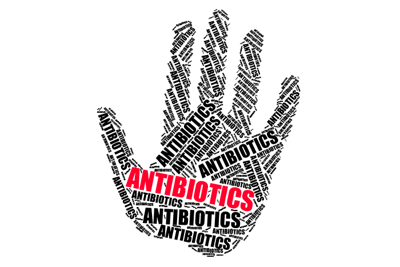
Forewarned is forearmed, prevention better than cure – the idioms are as applicable to the battle against antibiotic resistance as they are to any other challenge.
Overturning attitudes to antibiotics, whether in agricultural production or human medicine, is not easy. And while in some countries, use is falling, in others it continues to rise in the human and veterinary sectors.
Knowledge is power
But everyone can do their bit, and for those wanting a deeper understanding of the issues surrounding antibiotic resistance, a new resource will be made available to coincide with World Antibiotic Awareness Week.
Starting November 14, the U.K.’s University of Nottingham will offer a free online course aimed at increasing awareness of the issues surrounding resistance.
The course is aimed at anyone with an interest in antibiotics, food and farming, and comprises short videos, articles, quizzes and discussions that can be accessed at any time.
It should take only about three hours per week to fully take part, its organizers say, over three weeks. Those enrolling will learn about, among other things, the scientific mechanisms and farm practices which enable potentially harmful bacteria, for example Salmonella and Campylobacter, to become steadily more resistant, and why they can lead to potentially untreatable infections in humans.
Where agricultural use of antibiotics is concerned, it is worth remembering that some countries have already taken some pretty major steps to combat resistance, including fines for producers who do not meet annual reduction targets. But this is certainly far from the standard worldwide, and in some larger countries overall use is expected to continue rising, despite the introduction of restrictions.
With this forecast rise in volumes, and patchy legislation governing use, it is little wonder that some forecasters are predicting 10 million deaths per year due to antibiotic resistant infections. That’s one death every three seconds.
Preventing the rise of the superbug
The hunt for new antibiotics continues with researchers looking for new candidates on sources ranging from sloths and komodo dragons down to soil and insect brain, but research takes time.
What can be achieved more quickly, however, is a change in attitudes, whether that is at doctor and patient level, in the poultry house, or as part of any other agricultural production, and this is just what Antibiotic Awareness Week, and the Nottingham course, are trying to achieve.
It is too easy to dismiss antibiotic-free production as simply a marketing tool, although this may be the driving rationale in some cases, and learning which practices give rise to resistance can at least allow an informed choice to be made.


















